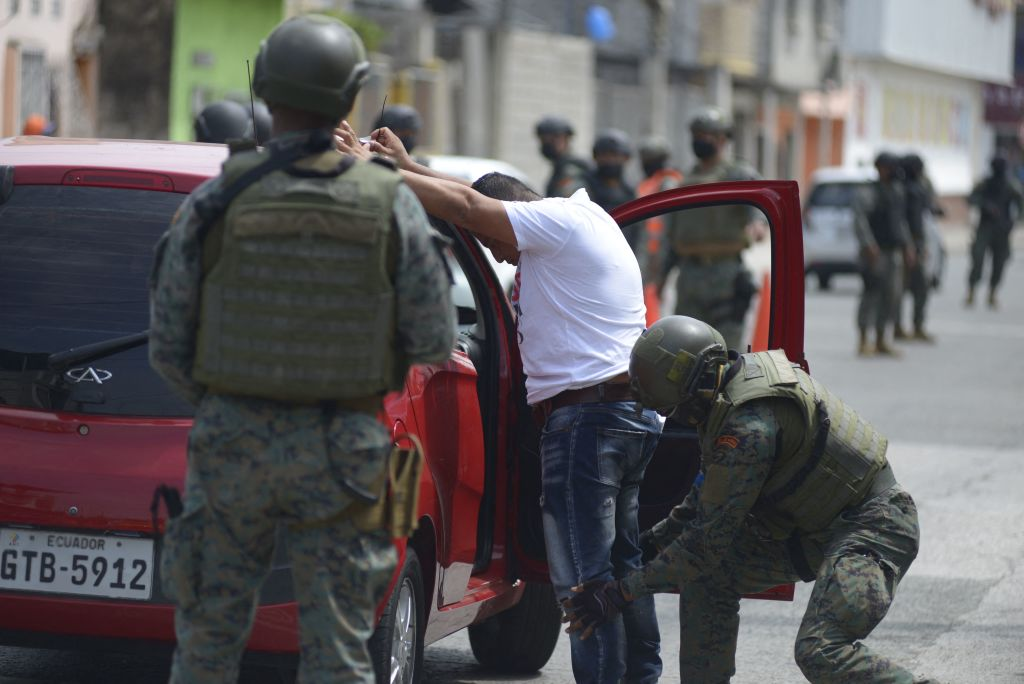
What seemed to be a repudiatory event, without transcendence, acquired in Ecuador a premonitory nuance. The assault on a sports reporter last February, recorded by his cameraman, represented a link in what would become a chain of deep insecurity in the country.
By Roberto Morejón
What seemed to be a repudiatory event, without transcendence, acquired in Ecuador a premonitory nuance. The assault on a sports reporter last February, recorded by his cameraman, represented a link in what would become a chain of deep insecurity in the country.
While preparing to go on the air, journalist Diego Ordinola was accosted at gunpoint and robbed of his cell phone by a man who fled on his motorcycle.
The short video went viral on social networks and generated support for the victim, but the event was followed by many more.
Violence and insecurity in Ecuador reflect the worst rates in the last nine years, associated with the rise of organized crime and drug trafficking.
Between January 1 and December 27 of this year, 2,440 violent deaths were recorded, including murders, homicides, femicides and hired killings, which translates into 1,099 more deaths in impetuous episodes, compared to 2020.
The gangs are involved in fights for control of areas of influence linked to drug trafficking routes.
Experts highlight the increase in social intimidation, with intentional deaths of women, along with the rise in the number of attacks on people and robberies of homes, businesses and vehicles.
Few municipalities have studies on the causes of the scourge and lack programs and operations to contain it.
Worse still, skirmishes between irregulars surprise passers-by between bullets, in what analysts point to as rising crime, exacerbated by poverty.
More than five million Ecuadorians suffer from poverty and barely 30 out of every 100 of working age are employed.
With fewer opportunities, people are more vulnerable to becoming involved in illegal economies, said university professor Andres de la Vega.
Hence the overcrowding in prisons, where three riots in 2021 led to hundreds of deaths as gangs settle scores.
Since the conservative President Guillermo Lasso took office he has referred to the issue as a priority, but few steps have been taken, except for greater militarization, with the deployment of soldiers to control the city, along with the police.
Living in uncertainty, in fear of being the victim of an assault like Diego Ordinola, burdens Ecuadorians.

